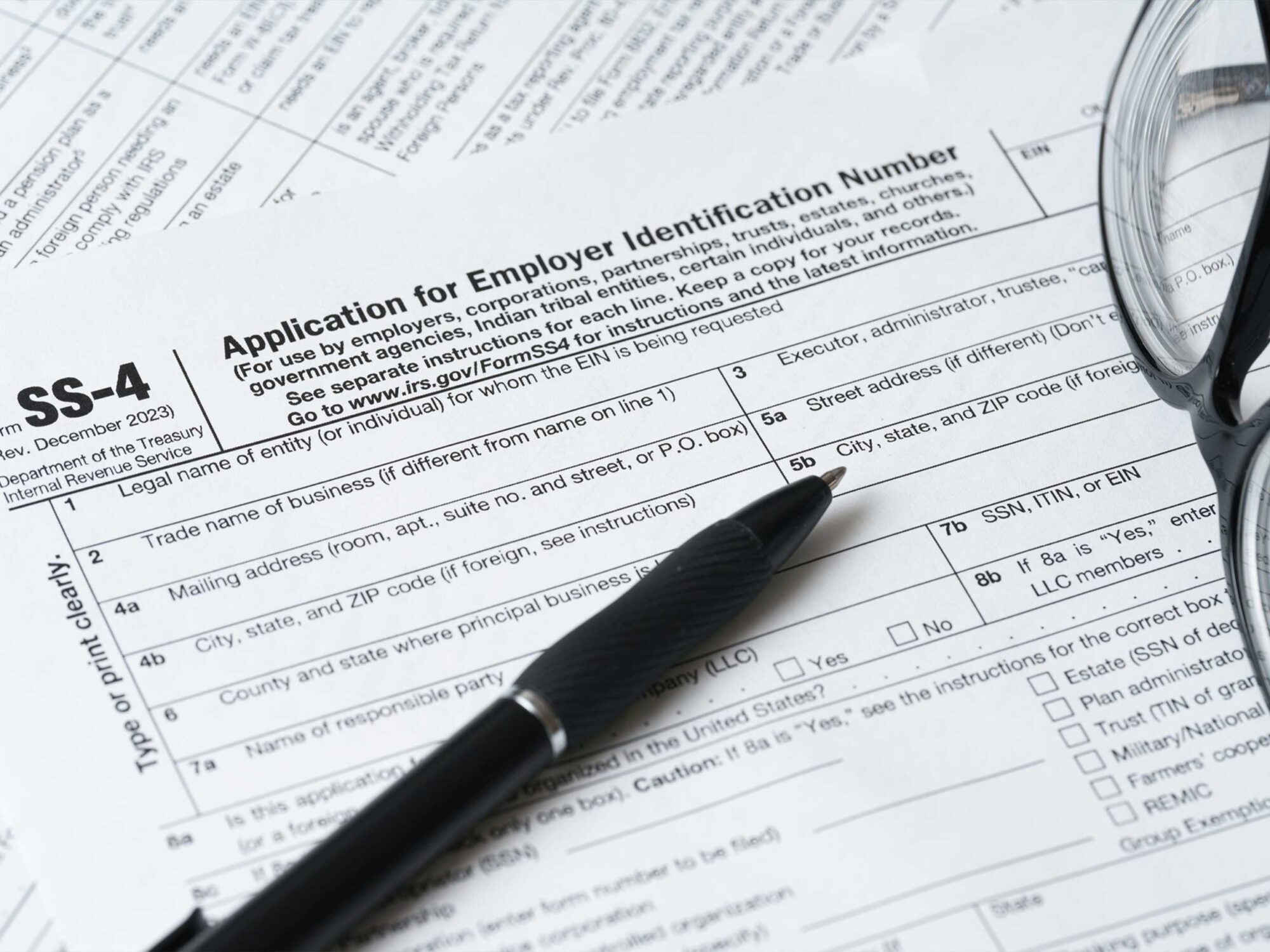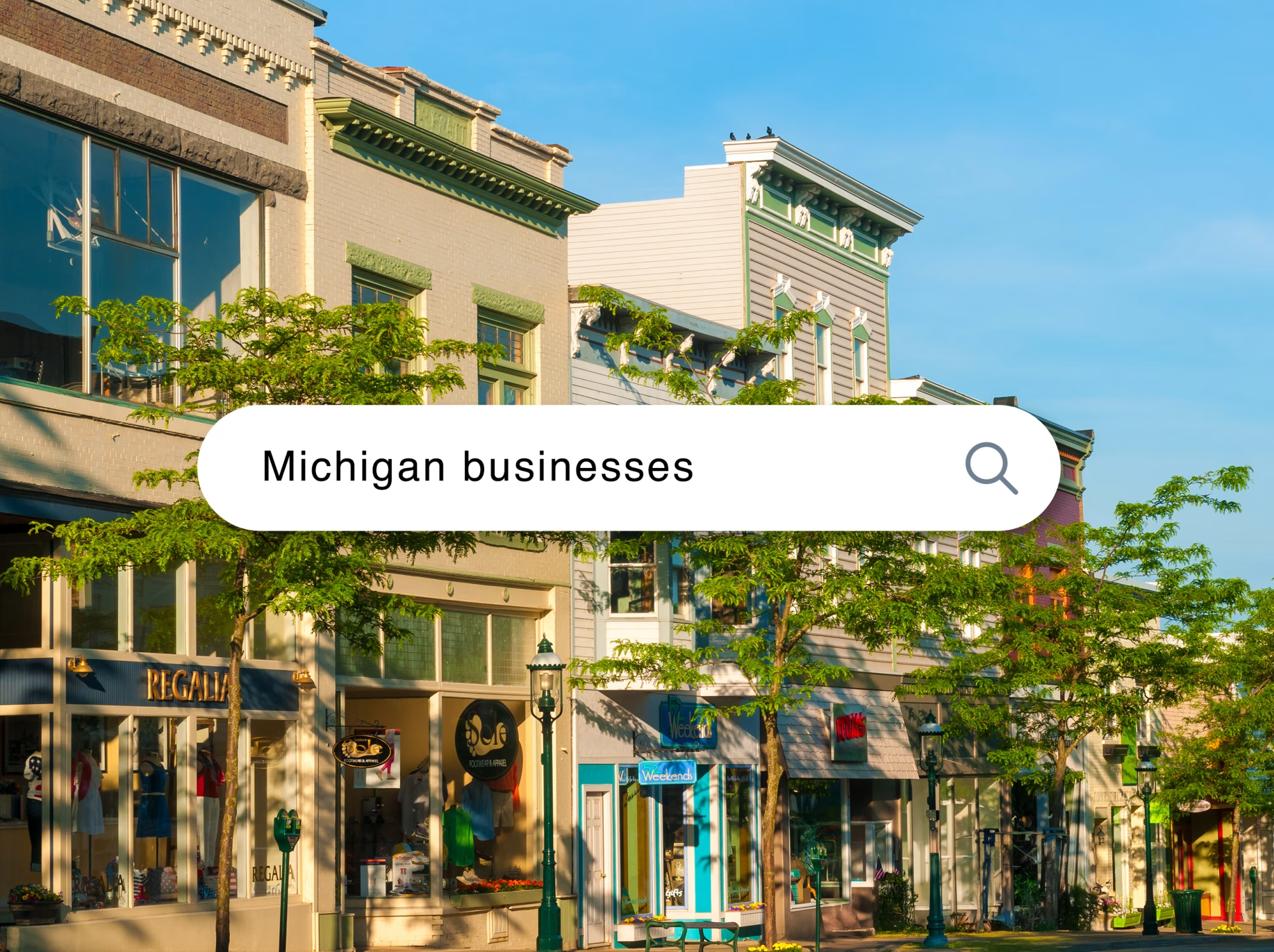
Have a brilliant business idea but not sure where to start? You’re not alone. Many aspiring entrepreneurs in our community feel overwhelmed when facing the paperwork and decisions needed to launch a new venture. This guide breaks down the essential steps to start a business in Michigan, with practical advice tailored to our local community.
Steps to Starting a Business in Michigan
For those short on time, here’s what you need to know:
- Choose the right business idea
- Select a business structure (we recommend an LLC for most local businesses)
- Pick a business name that is unique but also easily searchable
- Register with the state (only $50 for an LLC filing fee)
- Get your tax ID number (EIN)
- Open a business bank account
- Check for any required licenses or permits
Recommended Service
If you’re ready to register your business, we recommend going with an LLC. This is simple, affordable, and quick to form, and you can use a trusted service such as Northwest Registered Agent for as little as $29 plus the Michigan $50 state fee.
Get StartedStep 1: Choose the Right Business Idea
If you’re still looking for that perfect business idea, we’ve got you covered. The best business ideas come from combining what you’re good at with what people actually need. Ask yourself these questions to generate the right business idea for you:
- What skills do you already have? Years of experience in a particular industry give you valuable insights that newcomers lack.
- What problems need solving locally? Maybe there’s a service gap in our community. Talk to your community members, join local Facebook groups, or attend events to learn more about problems your business could potentially solve.
- Can you start small and focused? Rather than trying to capture a huge market, consider targeting a specific niche first. Instead of “Michigan furniture,” think “sustainable office furniture for small businesses in Chelsea and Dexter.”
Important Tip: Before investing too much, test your idea. Talk to potential customers as well as friends and family, research online demand, or even try a small pilot version of your business. You want to validate that there is demand for your offering before investing too much time or money.
Step 2: Select Your Business Structure
Your business structure influences all aspects of your business including day-to-day operations, taxes, and liability. These are the most common business structures to choose from:
Sole Proprietorship: The simplest option with no registration required, but offers no protection for your personal assets.
LLC (Recommended for Most): For just $50 in Michigan, you can protect your personal assets without the complexity of a corporation. This is why most local small businesses choose this option.
Corporation: More complex and expensive, but better if you plan to seek significant investment or eventually go public.
S Corp Status: Not a separate structure but a tax election that can save on self-employment taxes once your business is profitable enough.
Nonprofit: For mission-driven businesses seeking tax-exempt, otherwise known as 501(c)(3), status.
Step 3: Choose a Business Name
Next, your business needs a name that is memorable and accurately depicts the services or products you offer. You also need to make sure that your chosen name meets these important state requirements:
- Unique among Michigan businesses
- Available as a domain name for your website
- Not misleading about what you do
- Legally compliant with the Michigan naming guidelines
You can check if your desired name is taken using LARA’s Business Entity Search tool.
Important Tip: Be sure to do a domain name search and secure the matching URL. This will come in handy when you plan to build your business website.
Step 4: Appoint a Registered Agent
Every Michigan business needs a registered agent. This is a person or company that accepts official documents and legal notices on behalf of your business. Your registered agent can be yourself, a friend or family member, or a professional service.
Your registered agent must:
- Have a physical address in Michigan (not just a P.O. box)
- Be available during normal business hours
- Be at least 18 years old (if an individual)
Recommended: Northwest Registered Agent includes a full year of registered agent service when you form your business with them.
Step 5: Register Your Business
The process to register your business will vary depending on which business structure you choose. If you choose to form an LLC in Michigan, here’s the steps you need to complete:
- File Articles of Organization with Michigan’s Department of Licensing and Regulatory Affairs (LARA) online or by mail
- Pay the $50 filing fee
- Receive approval (typically within 3-5 business days, or faster with expedited processing)
Recommended: Save yourself time and have Northwest Registered Agent form your business for just $29 plus the Michigan state filing fee.
Step 6: Obtain Your EIN
You can think of an Employer Identification Number (EIN) as a Social Security Number for your business. You’ll need it to:
- Open a business bank account
- Hire employees
- File business taxes
Getting an EIN is free through the IRS website and typically takes just minutes.
Next Steps After Forming Your Business
Licenses and Permits
While Michigan doesn’t require a general business license, you may need industry-specific permits:
State-level: Sales tax license or seller’s permit (if selling products), professional licenses, or environmental permits depending on your industry.
Local-level: Check with your city or township clerk about local business licenses, zoning permits, or health department approvals.
Federal-level: Certain industries like food service, transportation, or broadcasting need federal licenses.
Banking and Insurance
Opening a separate bank account for your business is a crucial step towards protecting your personal assets. Most local banks will require the following when applying for a business account:
- Your EIN
- Business formation documents
- Government-issued ID
Additionally, don’t skip on business insurance. Most local businesses need general liability coverage at minimum, and additional policies depending on your specific risks.
Recommended: Get a free quote today with NEXT Insurance for quick, affordable insurance coverage.
Funding Your Business
Many local business owners start with personal savings or family loans to avoid debt early on. However, if you’re looking for alternative funding resources, consider these:
- Local bank loans
- Small Business Administration (SBA) loans
- Michigan Economic Development Corporation programs
- Community-based funding initiatives












 8123 Main St Suite 200 Dexter, MI 48130
8123 Main St Suite 200 Dexter, MI 48130


